 I work on one big project at a time. The art of juggling two or three big projects at once is lost on me, as all the projects start to blend together in a weird, self-referencing word-soup. That means my writing process is a one-step-at-a-time deal. For a few weeks, I will do nothing but planning, plotting, and outlining. Then, for a few months, all I’m doing is writing. And then for up to year after that, I’m editing.
I work on one big project at a time. The art of juggling two or three big projects at once is lost on me, as all the projects start to blend together in a weird, self-referencing word-soup. That means my writing process is a one-step-at-a-time deal. For a few weeks, I will do nothing but planning, plotting, and outlining. Then, for a few months, all I’m doing is writing. And then for up to year after that, I’m editing.
After I’ve been editing my work for so long, I’m often intimidated when I think of going back to writing. I’m worried I haven’t learned anything, or that I won’t apply what I’ve learned when I edited. I’m worried the flow and creativity has been stilted by too much editing work. I’m afraid I’ve lost my voice. I’m concerned I’m too focused on what will sell instead of what it is I’ve got to say.
It’s taken some time for me to learn how to get back into writing after time away. The “just sit down and write” advice doesn’t always cut it. You can plan your time down to the minute and regiment yourself to your schedule, and that works for a lot of people. Most people. But that doesn’t take care of the lack of confidence or the worries, and making myself sit in a chair and stare at a screen doesn’t help me find the heart of why I’m writing.
Over the years, I’ve learned the painful lesson that inspiration is incredibly important to my writing and my creative identity. It is true that, many times, you’ll have to write when the muse isn’t slinking around your shoulders and whispering in your ear. However, I think it’s easy to become distracted working that way – distracted from your core, from the reason you wanted to write in the first place. Viewing writing as a job, as work, is allowing it one step closer to becoming your job instead of your vocation, and divorcing it from passion altogether. In the day to day, it’s easy to get caught up in the minutia. I’ve found it’s vital to be able to stop and ask myself what I’m looking to accomplish with the project in the first place. What am I trying to communicate?
Those answers don’t always come immediately. I often have to search for them. This is how:
- Journal
- Go to a natural history museum or cultural center
- Watch a documentary or two about subjects that I know very little about.
- Go for a hike/ go camping. Don’t allow myself my phone or any digital tethers
- Allow myself to daydream. Allow myself to forget my schedule and my to-do list
- Use my hands to make. Bake. Work on a motorcycle. Throw a pot on a wheel. Learn glassblowing. Draw. Make. Learn. Do. And let the mind wander
*Bring journal or a notebook when doing 2-6
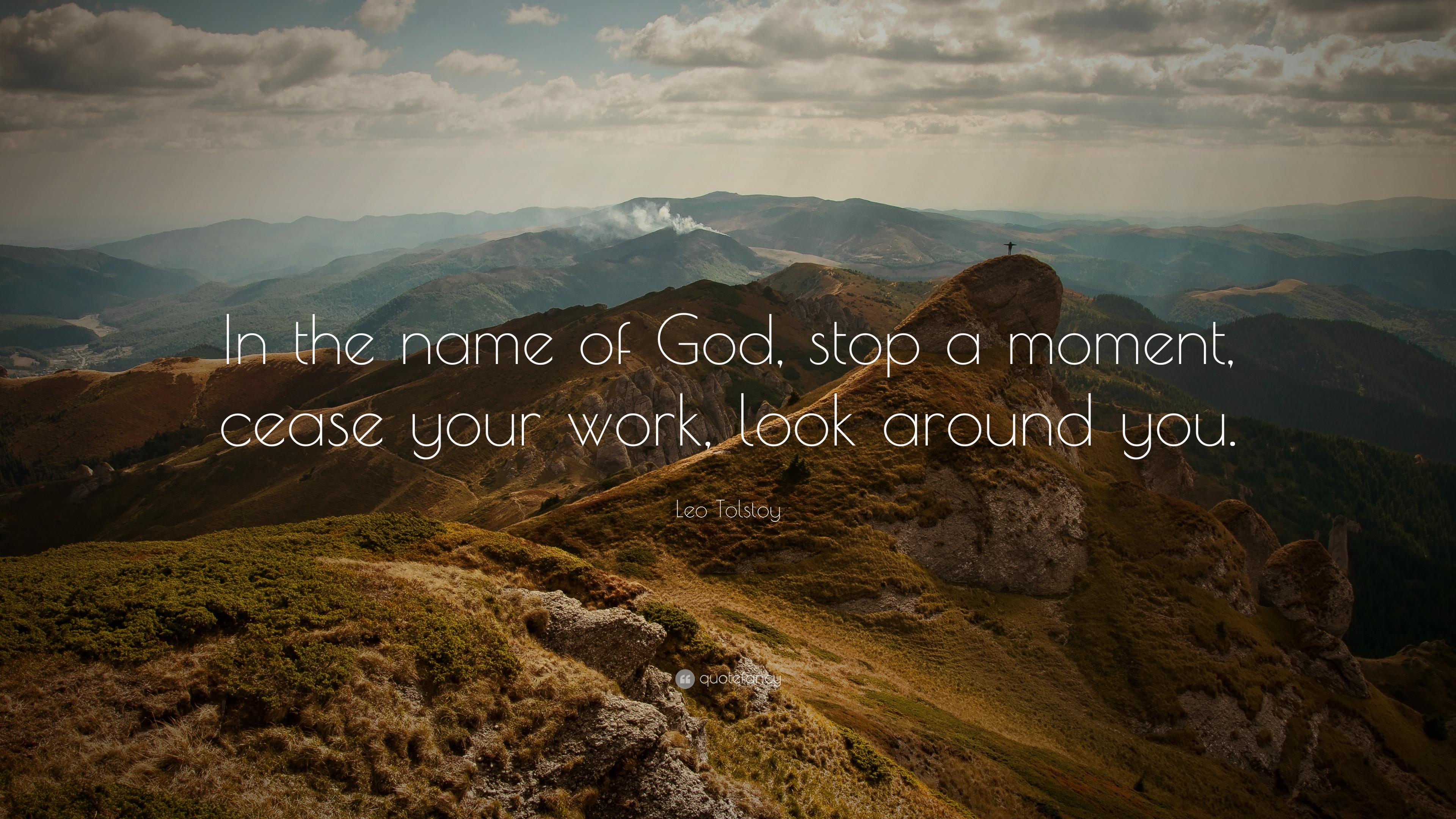 These things have helped me focus back on my voice, consider my point of view, helped me remember what is important, and reminded me of our connection points as humans and therefore what we can all relate to on a primal and emotional level. I find allowing my mind to wander on these subjects through art, journaling, and being a student of life and nature itself helps focus my mind and prepare it for creativity and communication.
These things have helped me focus back on my voice, consider my point of view, helped me remember what is important, and reminded me of our connection points as humans and therefore what we can all relate to on a primal and emotional level. I find allowing my mind to wander on these subjects through art, journaling, and being a student of life and nature itself helps focus my mind and prepare it for creativity and communication.
I mean, I get it. I sound like a neo-hippy. Check that language, man. Connection, point of view, creation, daydream, communication. All I’m missing are some essential oils to drip all over this blog post and some vegan gluten-free cookies for you, my awesome readers.
I acknowledge that most people can just put ass-in-seat and write, treating it like a job. Set a timer. Schedule writing time. Have strict daily, weekly, and monthly goals. These are all fantastic strategies to get you back on track with writing after a long break.
But if you happen to be somewhat like me, you need reflection. You need to ask yourself questions about not only your story, but why you’re writing it. And then you need time to think through the answers. Our culture has made it easy to become very busy very fast – to work through a to-do list everyday, go to bed, wake up, and repeat. But if you’re finding that you need less structure, more time – prioritize that. Prioritize time. Loosen your daily schedule. Allow four hours of writing time instead of two, knowing that some of those four hours may be you taking a walk, sitting outside, listening to music, thinking. Sometimes a few of those all at once. I think you’ll be surprised to find how much inspiration follows you on those walks and mind-walks, and soon, you’ll be back in your seat and writing, refreshed, collected, and ready.

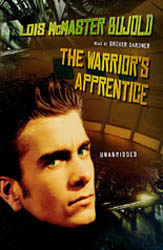
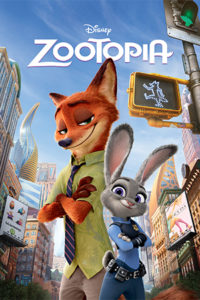


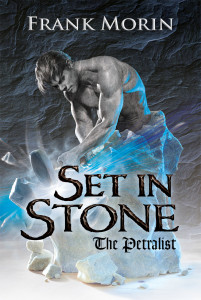

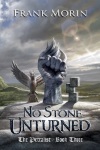
 Evan Braun is an author and editor who has been writing books for more than ten years. He is the author of The Watchers Chronicle, a completed trilogy. In addition to writing science fiction, he is the managing editor of
Evan Braun is an author and editor who has been writing books for more than ten years. He is the author of The Watchers Chronicle, a completed trilogy. In addition to writing science fiction, he is the managing editor of